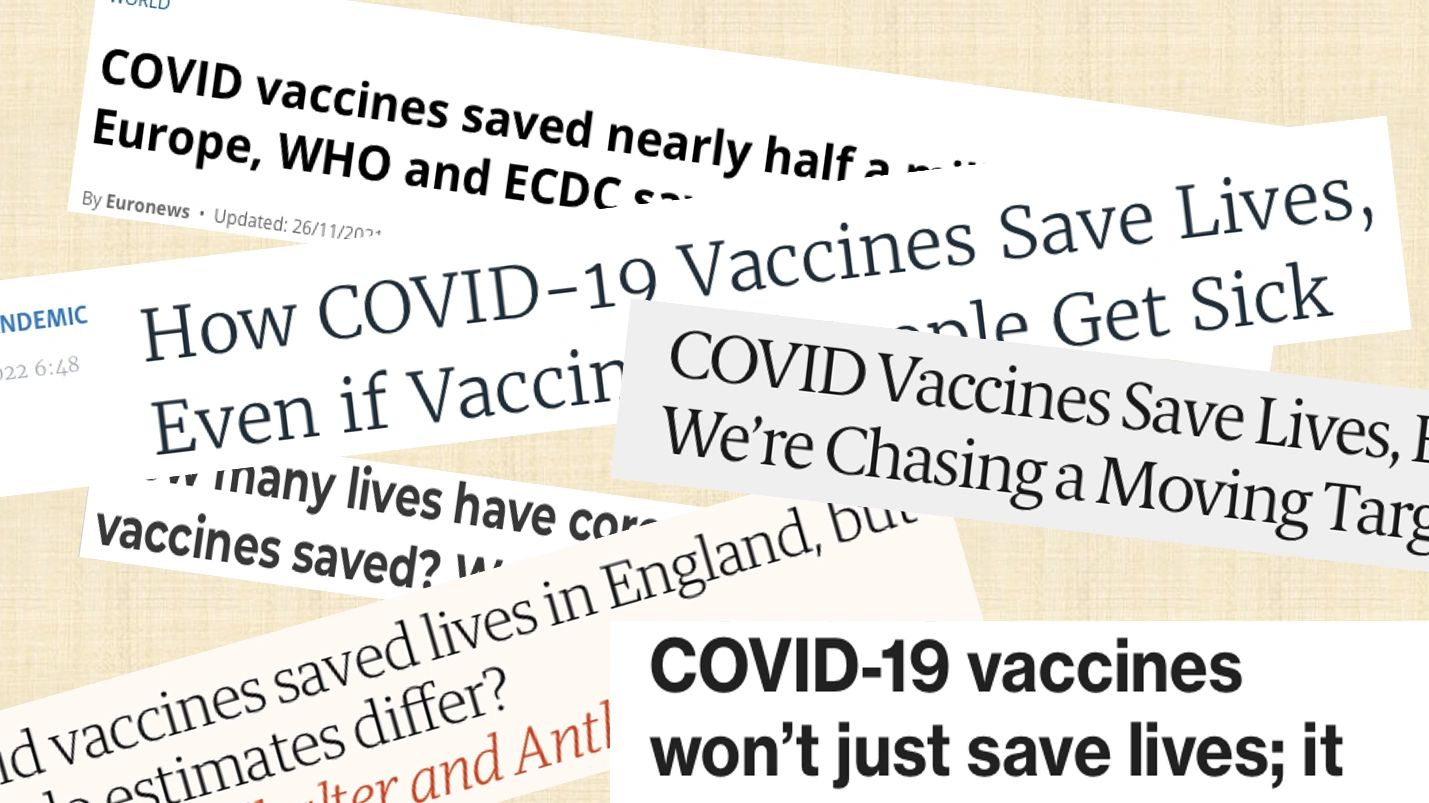Do Covid-19 vaccines save lives?
The randomised clinical trials tell a different story than the headlines suggest.
Over the course of the pandemic, headlines in the media have espoused the life-saving benefits of covid-19 vaccines, but how reliable are the claims made by public health authorities?
To prove the life-saving benefits of any intervention, a key metric is “all-cause mortality,” which is a measure of how many people died of “all causes” after taking the intervention versus the placebo.
It’s the most reliable endpoint, since other outcomes such as ‘cases’ and ‘hospitalisations’ from covid-19 are subject to bias depending on their definition, various testing methods, frequency of testing, and criteria for admission to hospital.
Now, a new pre-print study has analysed the major randomised clinical trials (RCTs) of covid-19 vaccines to assess whether the vaccines, in fact, saved lives.
The researchers focused on two different types of vaccines -- mRNA vaccines (Pfizer, Moderna), and adenovirus vector vaccines (AstraZeneca, J&J).
The results for the mRNA vaccines were sobering.
In the longest-term follow-up of all registered RCTs to date, two doses of the mRNA vaccines in adults did not provide any benefit in all-cause mortality (31 vaccine vs 30 placebo).
Christine Stabell Benn, lead author of the study and professor at the University of Southern Denmark, cautioned the numbers were too small to draw definitive conclusion, but the data suggested that less covid-19 deaths (target disease) may have been off-set by non-covid deaths.
“It would not be the first time that a vaccine, that protected against the targeted disease, had negative non-specific effects on other diseases, that offset the benefits,” said Stabell Benn, referring to her earlier work on non-live vaccines (see later).
The non-covid deaths after two doses of the mRNA vaccines were mostly cardiovascular issues. Stabell Benn said, “This aligns with what we’ve all been hearing anecdotally, that sports people and young people are experiencing myocarditis and pericarditis.”
For the adenovirus vector vaccines, the opposite was true.
There was a reduction in all-cause mortality – the relative risk reduction was 37%. Not only were there less covid-19 deaths, but there were also less deaths from other causes.
“We were very stunned by what appeared to be strongly beneficial, non-specific effects of the adenovirus vector vaccines,” said Stabell Benn.


